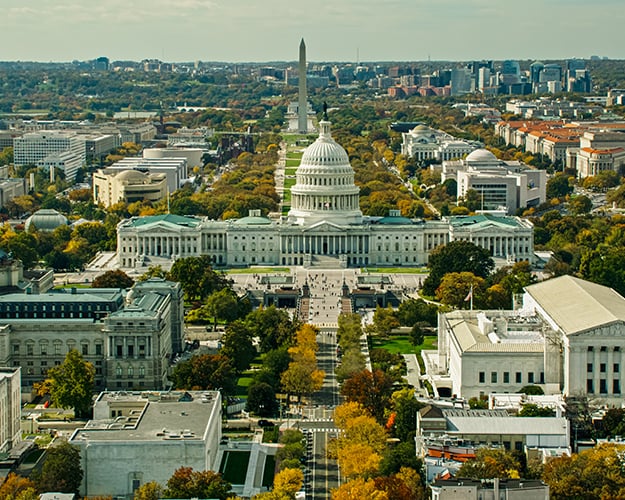Tax Legislative Affairs
Navigate tax laws and legislative issues with guidance from a trusted advisor.
The newly passed One Big Beautiful Bill Act (OBBB) introduces new tax legislation that will impact businesses, nonprofits, and individuals.
Eide Bailly’s experienced tax team — supported by our National Tax Office — is here to help you understand this new tax legislation and its effects on current and future planning.
Curious about the One Big Beautiful Bill?
View our OnDemand webinar series to learn what new tax legislation means for you and your business.
Learn MoreConsiderations for Businesses in the New Tax Legislation
Full Expensing
Business Interest Expense Limitation
Section 174 R&D Expensing
Pass-Through Deduction
Opportunity Zones
Termination of Certain Energy Efficient Credits
International Tax Provisions
Considerations for Individuals
Rate Extensions
Modification of SALT Deduction
No Tax on Tips and Overtime
Estate and Gift Exemption Amount
Key Impacts
Industry Impacts
Latest Thinking
Wherever you are in your tax journey – Eide Bailly can help.
Our team of tax professionals can handle even the most complicated tax legislation and help you understand its impact.
Tax Legislative Affairs Leadership

Alex Parker
Tax Legislative Affairs Director
Alex provides on-the-ground coverage and analysis of tax developments in our nation's capital, ensuring that Eide Bailly clients are well-informed about legal or regulatory changes that could affect them. He also closely follows the fast-changing and complex international tax sphere, including new projects at the United Nations, the G-20, and the Organization for Economic Cooperation and Development.

